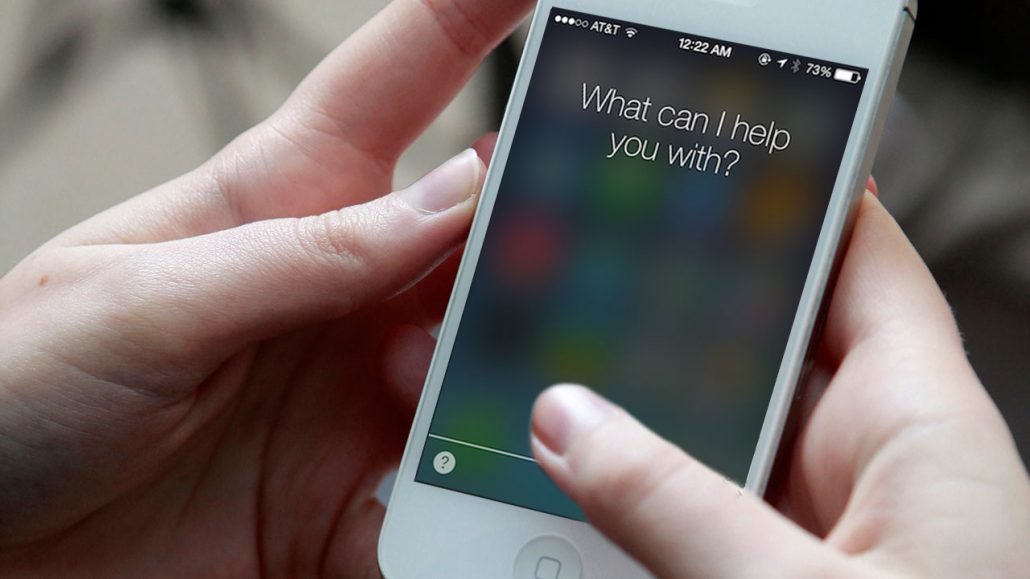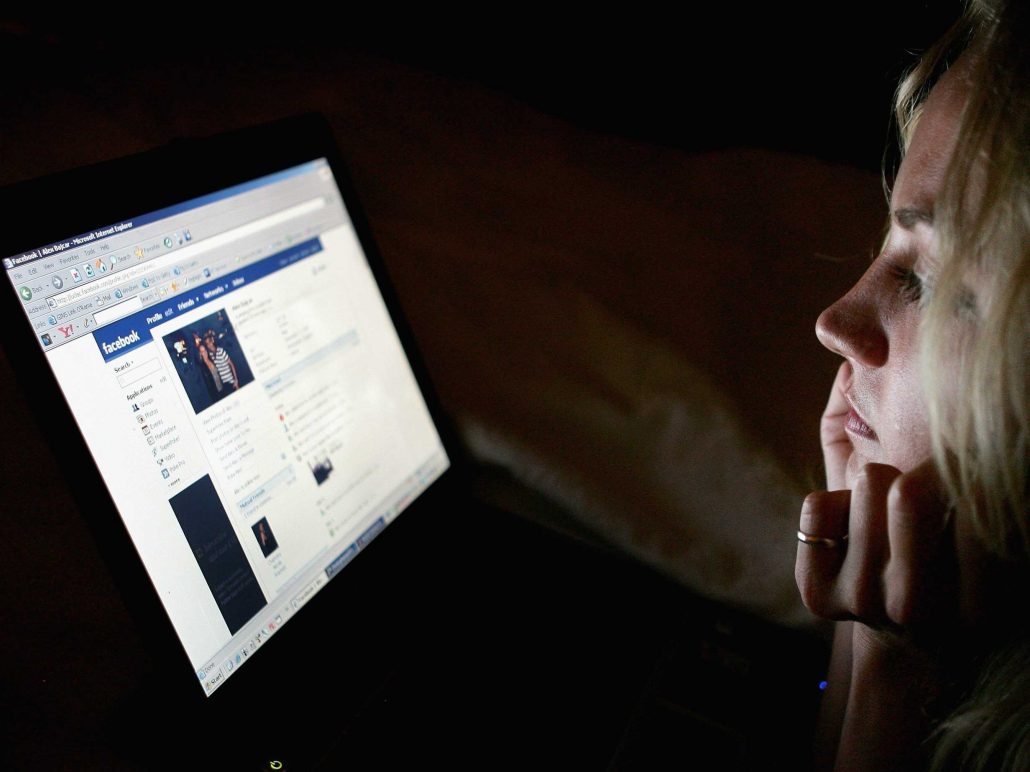No, you are not paranoid: your computer activities can be monitored. There are countless spyware programs available on the computer market that can be stealthily downloaded onto your computer. Perhaps you have business secrets of interest to a third party, perhaps you have a jealous spouse or partner who is watching you? Be aware that you may be spied on at every moment by the technologies around you!
Smartphones, televisions, touch tablets… More and more everyday technologies can easily become a spying tool. Let’s take the Samsumg Smart TV as an example. According to the Daily Beast, this smart TV is now programmed to record every word you say, and then send it, via the Internet, to its cloud service. This information is starting to make a lot of noise among the brand’s users. The evolution of the Internet is definitely starting to cause concern. Some people see this “listening system” as a reflection of a society described as by “1984”, a novel in which George Orwell tells of a nightmarish world in which the inhabitants are constantly monitored.

Conversing with Technology
Today, speech recognition and speech detection systems are commonplace. Examples include Dragon Dictate for the PC in the 1990s, and the Mac Dictate that Mac users know. The latest smartphones are no exception, as demonstrated by Apple and its inescapable “Siri”, or even Google and “OK Google”. With all these new options, smartphones are comparable to JARVIS, Tony Stark’s artificial assistant in the Iron Man movies… They listen to what we say all the time and answer us when we speak to them.

Are machines secretly spying on us?
While these features have been around for some time, why are concerns about the technology only now being raised? First of all, there is an essential difference between the first speech recognition systems and the ones we use nowadays. With the first systems, before the democratization of the Internet, the processing of your voice was done locally by the machine. No data was transmitted over a network. Nevertheless, in recent years, speech recognition systems have evolved significantly. To cope with the limited processing power of smartphones and other televisions and to increase the accuracy of speech recognition, many systems record what is said aloud, transmit the data to the cloud for processing, which sends it back to the smartphones.

A world like Watch Dogs!
Those who own an iPhone will have noticed that they cannot request their assistant without an Internet connection, even if the request is local (like creating a timer). The use of the Internet thus allows for greater accuracy and registration of your requests, which means that any requests made are first sent to the cloud, a third party organization. So this process of being listened to all the time worries many people, who might feel that they are being tracked by machines every time they speak.
With the integration of this technology in a large number of connected devices, we can be listened to by our machines, no matter where we are: do you have a Google phone, an Apple Smart Watch, a voice recognition device in your car?

More privacy at home!
To avoid excessive paranoia, it is advisable to check the privacy policies of the companies concerned. This will ensure that they have strict control over how privacy data is stored and shared. Going back to the Samsung case, the company has made it clear that the data in question is encrypted and used only to decipher your viewer profile based on what you watch. Google and Apple have a similar privacy policy. So far, the charter says that these companies are required to explain what they do with the data they collect. However, all privacy policies are subject to change at any time. In the absence of a comprehensive and unchanging privacy policy, it is possible that, in the future, companies will use your conversations for other purposes.

Excerpt from Samsung’s privacy policy:
“The user should be aware that what they say may be recorded even if those discussions include sensitive and personal information. This data can then be used and passed on to a third party through the voice recognition tool.”
In the meantime, be careful what you say in front of your TV, your phone or your new Smart Watch, because the walls are no longer the only ones with ears…



